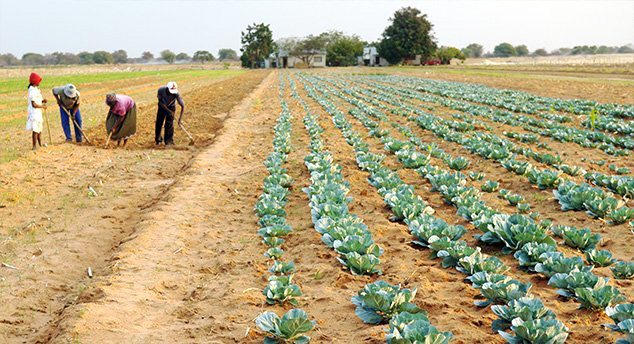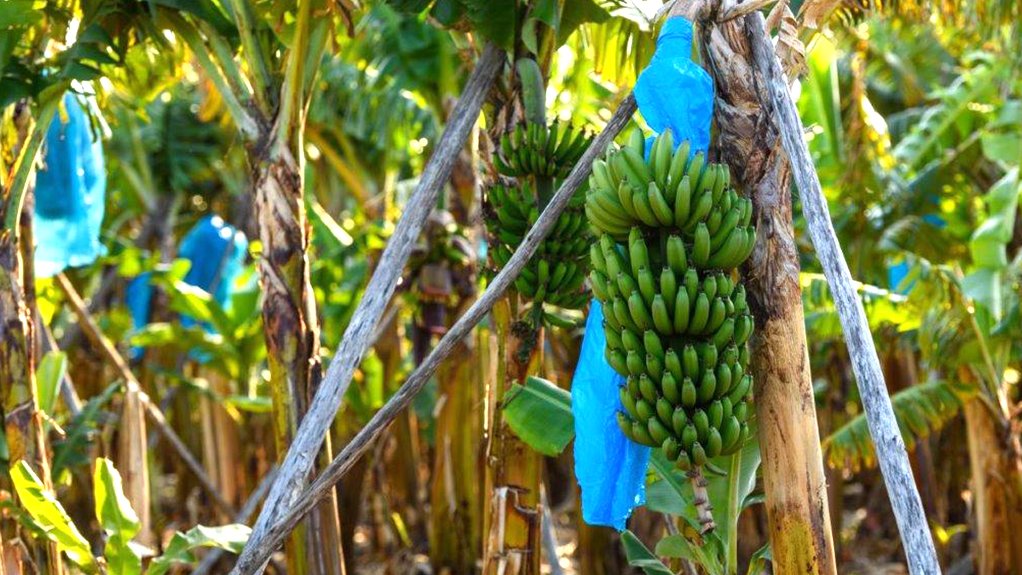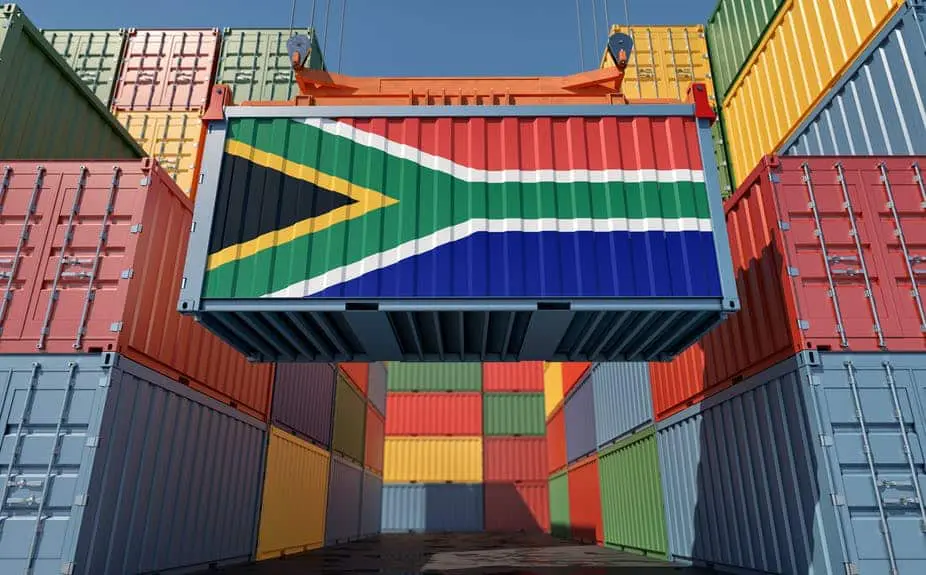South African farmers are urging for Namibia and Botswana to reopen their borders to allow the importation of fruits and vegetables.
The two countries have prohibited the importation of several types of fruits and vegetables in an attempt to protect local producers.
South African agricultural body AgriSA, which represents the majority of farmers, says these bans are against existing trade agreements.
News24 yesterday reported that Botswana has blocked South African exports of tomatoes, carrots, beetroot, potatoes, cabbage, lettuce, garlic, onions, ginger, turmeric, chilli peppers, butternut, watermelons, sweet peppers, green mealies and fresh herbs since the beginning of this year.
Some of these vegetables have been blocked by Namibia too.

AgriSA says since Botswana, Eswatini, Lesotho, Namibia (BELN countries) and South Africa (SA) form the Southern African Customs Union (Sacu), they are bound to the agreement and are supposed to have a common external trade border with free flow of goods within the union.
The situation has become “untenable” and requires government intervention urgently to prevent the Sacu agreement from being nothing more than a “lame duck”, Agri SA executive director Christo van der Rheede told minister of agriculture, land reform and rural development Thoko Didiza and minister of trade, industry and competition Ebrahim Patel in a letter dated 8 August, and seen by Fin24.
Van der Rheede claims Botswana and Namibia are the main culprits.
“These countries have cited a need to protect local production as the motivation for the border closures,” Van der Rheede told Didiza.
“We have noted that, while Botswana and Namibia close their borders to vegetables from SA, they remain happy to send their like products back into SA, and at predatory prices to boot.”
Van der Rheede said the vegetable sector in SA has a minimum wage of N$21,69 per hour, while the comparative rate in Botswana is 3,8 pula (equivalent to R5,04) per hour, while that of Namibia is N$12,23 per hour.
No minimum wages exist in those two countries for the vegetable sector.
BELN countries, for example, have a 13% cost advantage over SA in the case of tomatoes.
“Our first choice would be that compliance [with the Sacu agreement] is ensured, and failing this we would like to see SA reciprocate the gesture and close its borders to vegetable products emanating from the BELN states,” said Van der Rheede.
Agri SA called for an urgent meeting of Didiza with the Agricultural Trade Forum to discuss the border closure dilemma.
Namibia’s agriculture ministry says it has not received any communication from South Africa, nor has the Namibian Agronomic Board.
NAB’s spokesperson Auguste Fabian said the current restrictions on certain agronomic and horticultural crops are not against the (Sacu) agreement, as the agreement also makes provisions for the protection of infant industries such as those in Namibia.
“The mechanisms facilitated by the NAB for open and close border periods for certain primary agronomic and horticultural products are part of the agenda to develop the crop industry and protect our local farmers from cheap imports. The Namibian crop industry is at its infant stage, faced with so many challenges and the development of this industry merely started 20 years ago,” she said.
Source article: The Namibian








